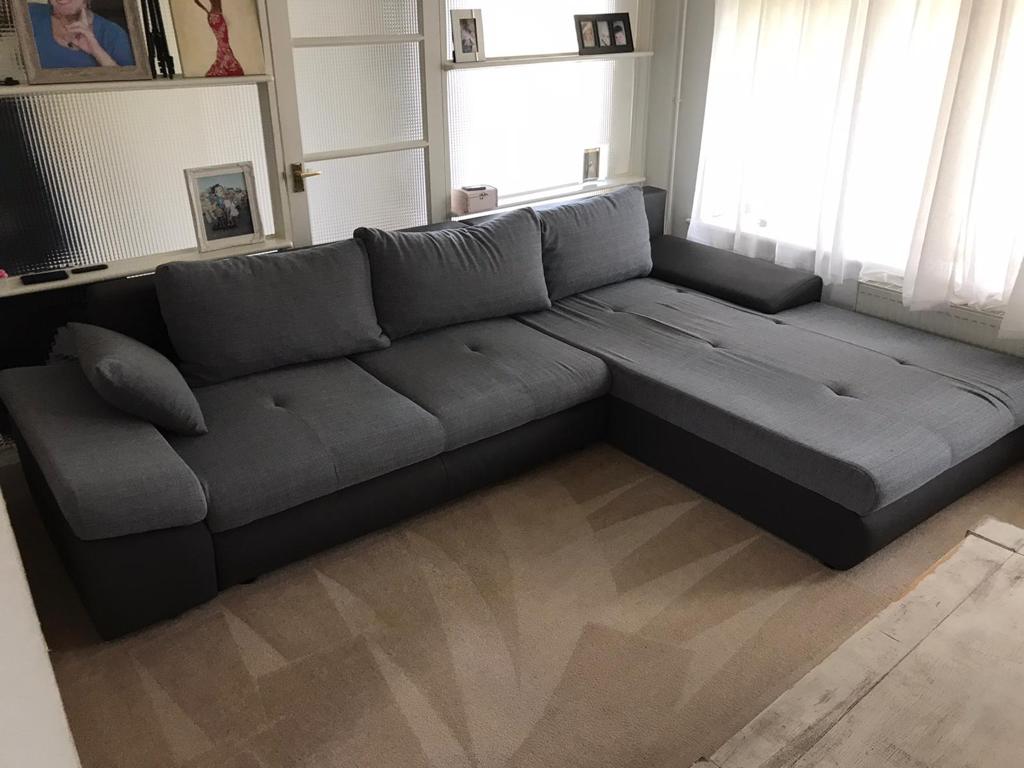Sofas are one of the most frequently used pieces of furniture in any home, providing comfort and a place to relax. However, over time, they accumulate dust, dirt, allergens, and bacteria that can impact both hygiene and indoor air quality. Professional upholstery cleaning is essential for removing hidden germs and bacteria, ensuring a cleaner and healthier living environment.
Why Do Sofas Harbour Germs and Bacteria?
Everyday use exposes sofas to various contaminants, including:
- Food and drink spills – Creating the perfect environment for bacteria and mould growth.
- Pet hair and dander – Bringing in dirt and allergens from outside.
- Body oils and sweat – Absorbed into the fabric, attracting bacteria.
- Dust and allergens – Settling deep into upholstery fibres, triggering allergies and respiratory issues.
Without regular deep cleaning, these contaminants continue to build up, potentially affecting health and hygiene.
How Professional Upholstery Cleaning Eliminates Germs
1. Deep Extraction Cleaning
Unlike vacuuming, which only removes surface dirt, professional upholstery cleaning uses deep extraction methods to remove embedded grime and bacteria. Hot water extraction, also known as steam cleaning, is particularly effective in:
- Penetrating deep into fabric fibres.
- Killing bacteria, dust mites, and allergens.
- Removing stubborn dirt and stains without damaging upholstery.
2. Eco-Friendly Cleaning Solutions
Many professional cleaning services use non-toxic, biodegradable solutions that:
- Break down dirt and bacteria at a microscopic level.
- Eliminate odours caused by organic matter.
- Provide a safe cleaning process for households with children and pets.
3. Sanitisation and Deodorisation
Germs thrive in warm, damp environments, making upholstered furniture a prime breeding ground. Professional upholstery cleaning includes sanitisation treatments that:
- Neutralise bacteria, viruses, and mould spores.
- Prevent the spread of germs within the home.
- Leave sofas smelling fresh and clean.
4. Removing Allergens for Better Air Quality
Dust, pet dander, and pollen trapped in upholstery can trigger allergies and respiratory issues. Regular deep cleaning:
- Reduces airborne allergens.
- Improves indoor air quality.
- Creates a healthier home environment, particularly for those with asthma or allergies.
How Often Should You Have Your Upholstery Professionally Cleaned?
To maintain a hygienic and fresh sofa, experts recommend professional upholstery cleaning:
- Every 6 to 12 months for general upkeep.
- Every 3 to 6 months if you have pets or small children.
- Immediately after significant spills or staining to prevent bacteria growth.
Conclusion
Sofas may look clean on the surface, but they can harbour bacteria, allergens, and grime that affect indoor hygiene. Professional upholstery cleaning removes these hidden contaminants, improving air quality and extending the lifespan of your furniture.
For a cleaner, healthier home in Rickmansworth, Hertfordshire, professional upholstery cleaning ensures your sofas remain fresh, sanitised, and free from harmful bacteria. If your furniture needs expert care, scheduling a professional cleaning service is the best way to protect both your home and your health.
Call us on: 01923 961 096
Click here to find out more about Rickmansworth Carpet Cleaning
Click here to complete our contact form and see how we can help with your carpet needs.

